Bridging the Gap: How a Lack of Training Leads to Inadequate CQC Ratings
Posted on 15th April 2024
In the world of care homes, ensuring residents receive high-quality care is paramount. Central to this is the proficiency and expertise of the staff. However, a concerning trend has emerged where inadequate training contributes significantly to subpar Care Quality Commission (CQC) ratings. In this blog, we'll explore how a deficiency in training can undermine the quality of care provided in care homes, ultimately leading to unsatisfactory CQC ratings.
In this blog, we will explore catheter training, covering the basics, types of catheters, insertion techniques, and tips for maintaining good catheter hygiene.
Lets get straight to it!
Impact on Resident Care
The most profound consequence of insufficient training is its detrimental effect on resident care. Without proper training, staff may lack the knowledge and skills necessary to address residents' complex needs adequately. From administering medications and managing chronic conditions to providing assistance with personal care and mobility, inadequately trained staff are ill-equipped to deliver the level of care that residents deserve. This can result in compromised health outcomes, increased risk of accidents or injuries, and diminished quality of life for residents.
Compliance with Regulations
Care homes are subject to stringent regulations and standards set forth by the CQC to ensure the safety, well-being, and dignity of residents. However, without comprehensive training, staff may struggle to understand and adhere to these regulations effectively. From infection control protocols and health and safety guidelines to safeguarding procedures and documentation requirements, the lack of training leaves care homes vulnerable to non-compliance. This not only jeopardizes the welfare of residents but also exposes the care home to regulatory sanctions and penalties, ultimately impacting its CQC rating.
Communication and Teamwork
Effective communication and teamwork are essential components of providing quality care in a care home setting. However, inadequate training can hinder staff's ability to communicate effectively with residents, their families, and fellow team members. Miscommunication or misunderstandings can lead to errors, conflicts, and breakdowns in care delivery, further exacerbating the challenges faced by residents and undermining the overall quality of care. Moreover, a lack of training in teamwork and collaboration can impede staff's ability to work cohesively to meet residents' needs and achieve positive outcomes.

Continual Professional Development
In the rapidly evolving landscape of healthcare, ongoing training and professional development are imperative to ensure that care home staff remain current with best practices, emerging trends, and advancements in care delivery. However, a lack of investment in training deprives staff of opportunities for growth and learning, stagnating their knowledge and skills over time. This not only compromises the quality of care but also erodes staff morale and engagement, leading to high turnover rates and further exacerbating staffing challenges in care homes.

We hope this has been useful for you see how the management and development of staff is cruicial to providing effective care; all of which impacts your CQC rating.
Free feel to check out our other blogs for more information about a whole range of topics.
Care Planning & Risk Assessment Course

Care planning and risk assessing is an essential part of delivering any care, especially culturally appropriate care. Click the link below to head to our course page!
End of Life & Communication Course

Getting it right is never more important than at the end of a person's life. This course helps you and your team to prepare and get it right.
Person Centered Care & Dignity

If you would like training on the most essential area of care, this course is for you. Transform your staff's understanding and develop them to be able to deliver culturally appropriate care.
Tagged as: CQC, Outstanding Rated
Share this post:







